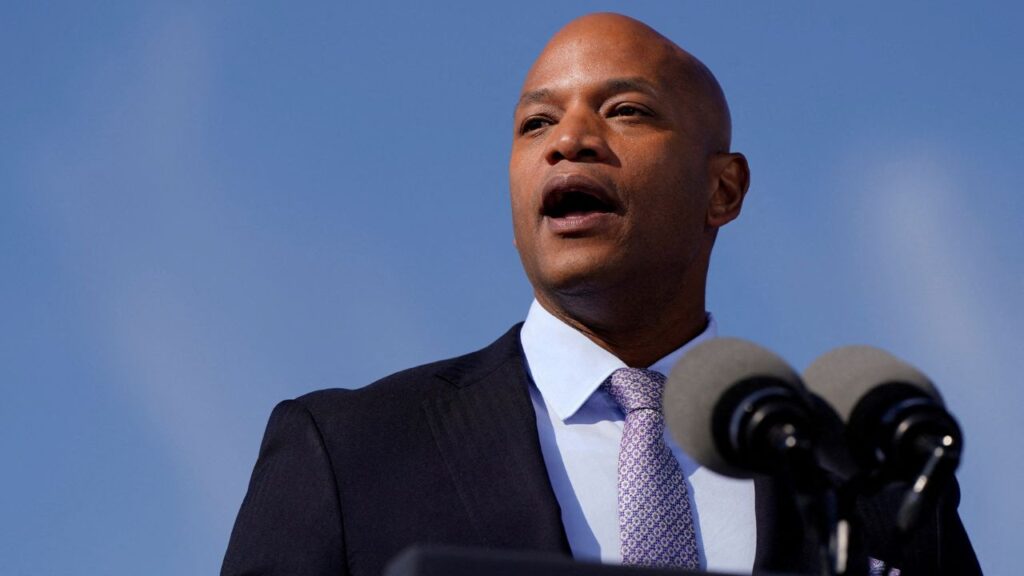Share
The good news is that the last decade has been better economically for Latinos living in California.
But challenges persist.
While Latino poverty rates are shrinking, Latinos still make up the largest ethnic group in the state who live in poverty.
While Latino household income is up, $56,000 per household, it is not increasing at the same rate of non-Latino whites and Asian-Americans and, statistically, is only half of what is needed to make the dream of homeownership a reality.


Juan Novello and Micah Weinberg
Special to CALmatters
Opinion
We must do better.
It’s not just about fighting poverty and underrepresentation. It’s about finding actionable solutions to expand the Latino middle class.
Nearly four in 10 Californians are Latino, but not nearly enough are in the middle class. Growing California’s middle class is an economic imperative if more Californians are going to participate fully in the pursuit of the California Dream.
We Live in a State Where Millions of People Thrive
That’s why the California Latino Economic Institute is joining California Forward at its 2019 California Economic Summit in Fresno Nov. 7-8.
The summit is working on policy solutions to the big issues facing California: more affordable housing, job creation, preparing workers to fill those jobs and how we can make sure that these opportunities, as they are created, are sustainable and available to all Californians.
We recognize that California is not the same everywhere and for everyone. Different regions, and their accompanying different economic structures, have challenges unique to themselves.
But shortages of affordable housing, middle class jobs, job skills and functional infrastructure plague every area of the state, and until those shortages are addressed our state’s shrinking middle class won’t expand.
We live in a state where millions of people thrive. We are proud of that.
But there are two California’s, because there are nearly 20 million Californians and millions of Latinos, who live in or near poverty. There’s no pride in that.
California’s economy is more technology focused, another area where Latinos are disproportionally under represented.
Californians Know We Must Fix Our Economy
STEM workers comprise over 12% of the state’s workforce, but the percentage of the Latino population employed in the sector is less than half of that rate.
The future of work calls for us to explore new products, services, and policies to find ways to lift individuals and set them up for success in an ever-changing economy. Especially as automation continues its relentless assault on low-income workers.
Gov. Gavin Newsom is expected to attend and lay out his vision for how to revitalize the economies of inland California, including the San Joaquin Valley and Inland Empire.
The four leaders of higher education—Janet Napolitano of the University of California, Timothy White of the California State University system, Eloy Ortiz Oakley of the California Community Colleges and Kristen Soares of the Association of Independent California Colleges and Universities—will discuss how they can better work together to improve student performance and readiness for the 21st century workforce.
For California Latinos—for all Californians—what happens at the Summit can accelerate what we want—an economy that works for all of us.
Californians know we must fix our economy. People from every region are demanding change. We must create real, inclusive, and intelligent remedies that will attract capital, generate jobs and encourage sustainable, resilient communities all over California.
About the Authors
Juan Novello is chief operating officer of the California Latino Economic Institute, juan@calfornialei.org. Micah Weinberg is president and chief executive officer of California Forward, Micah@cafwd.org. They wrote this commentary for CalMatters, a public interest journalism venture committed to explaining how California’s Capitol works and why it matters.



















